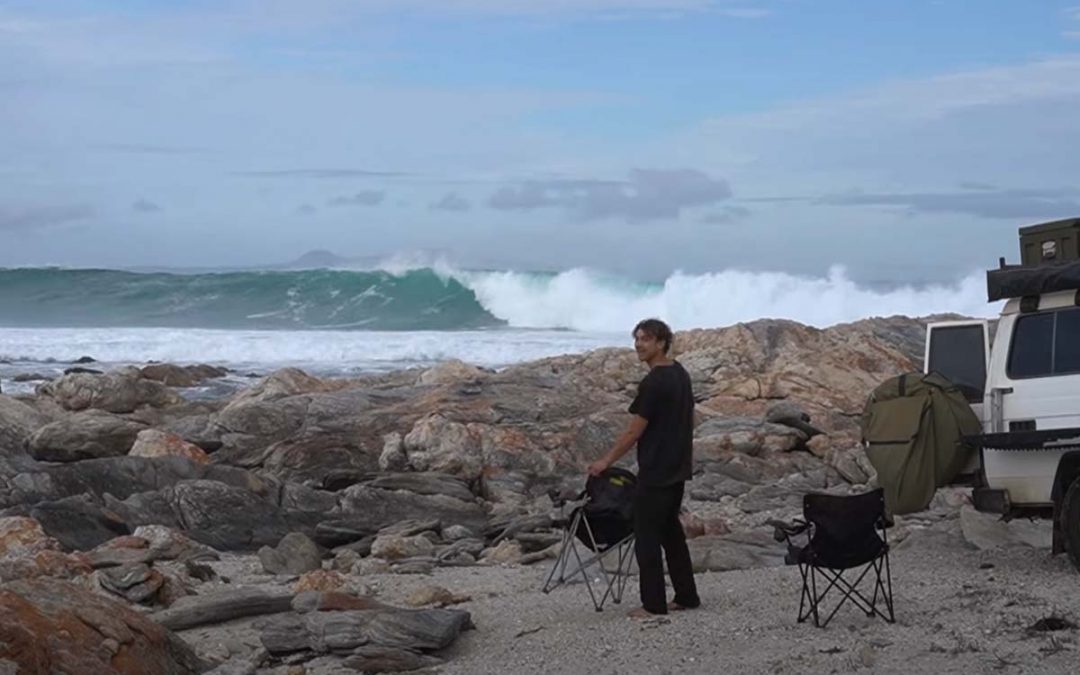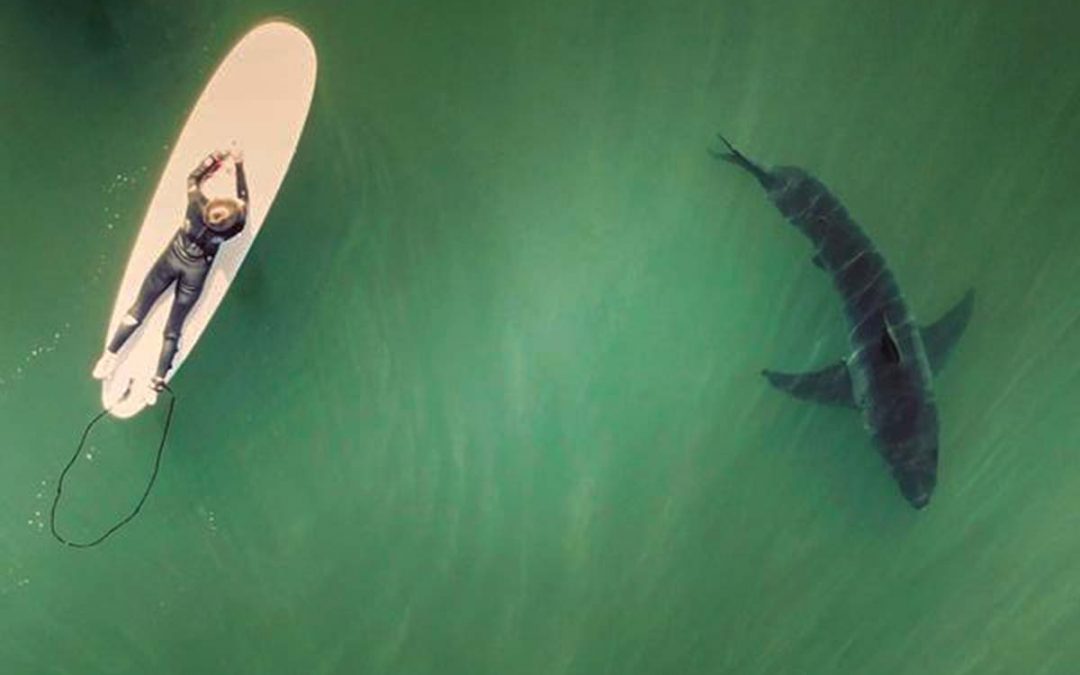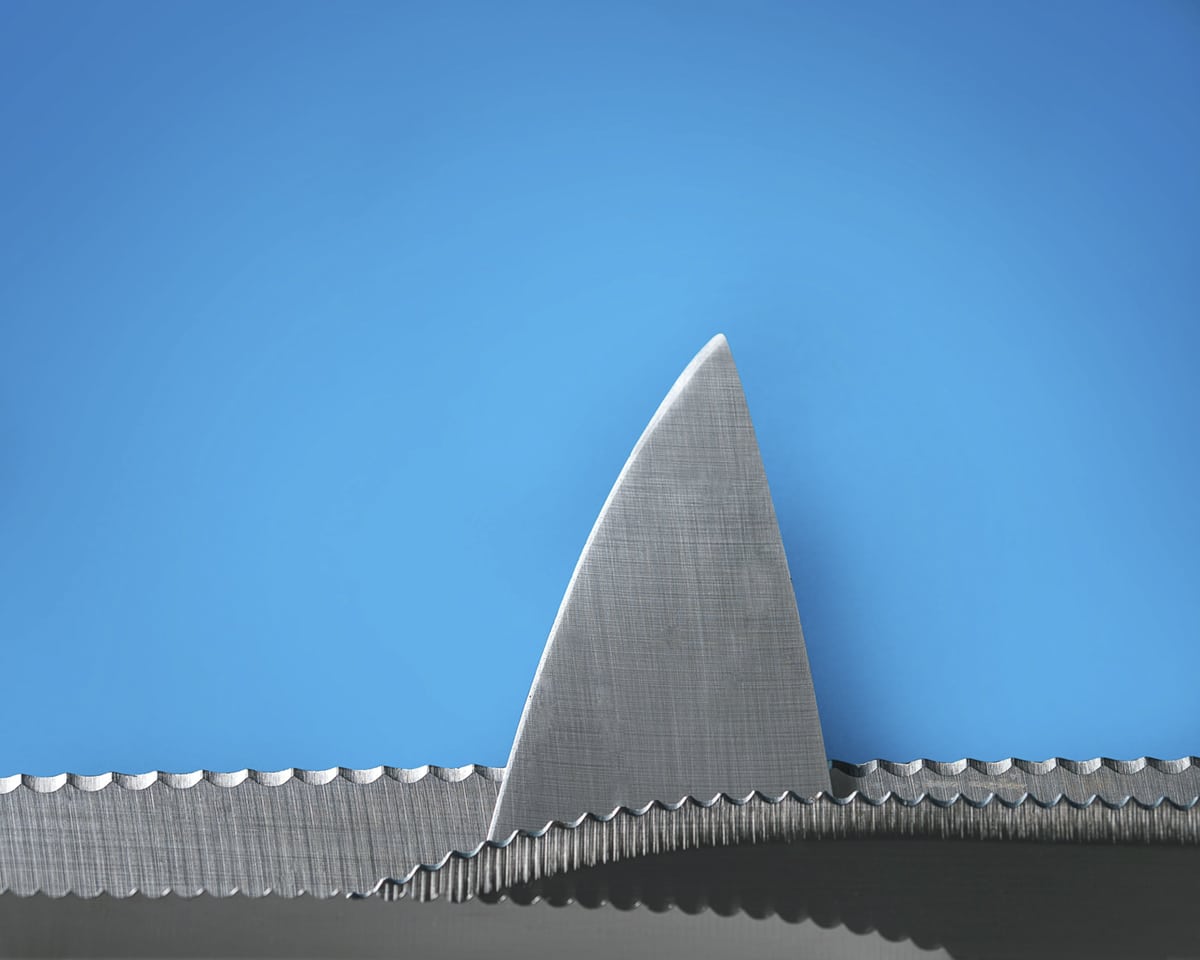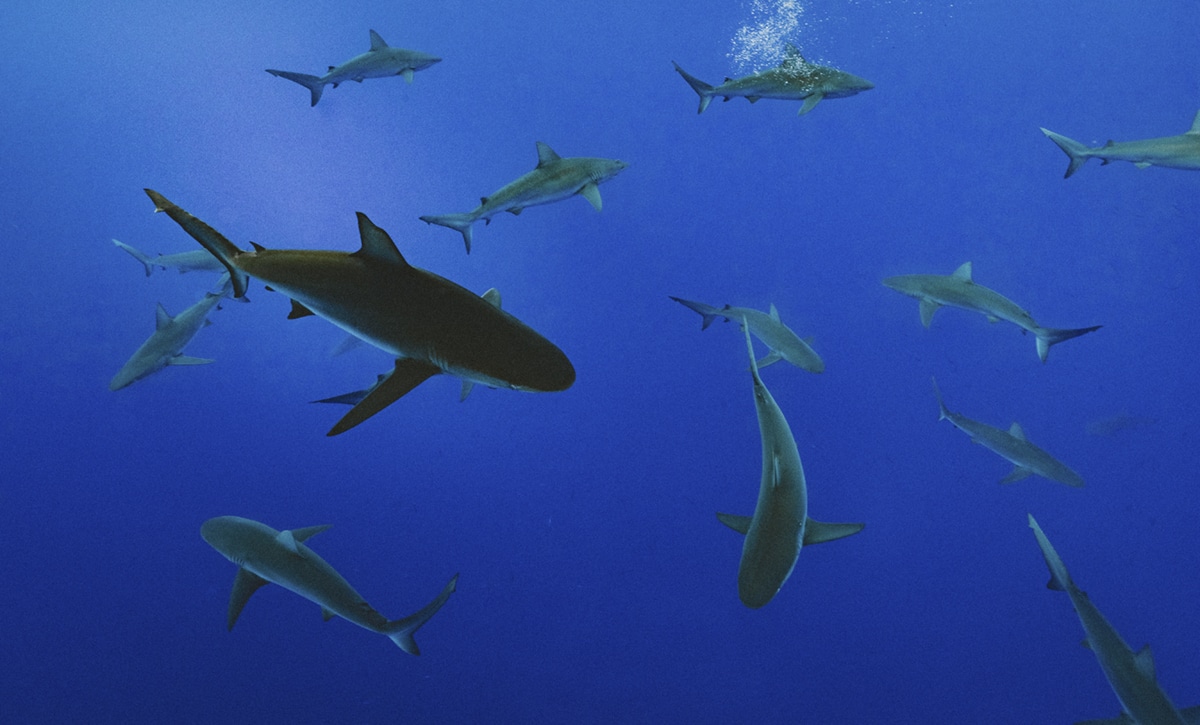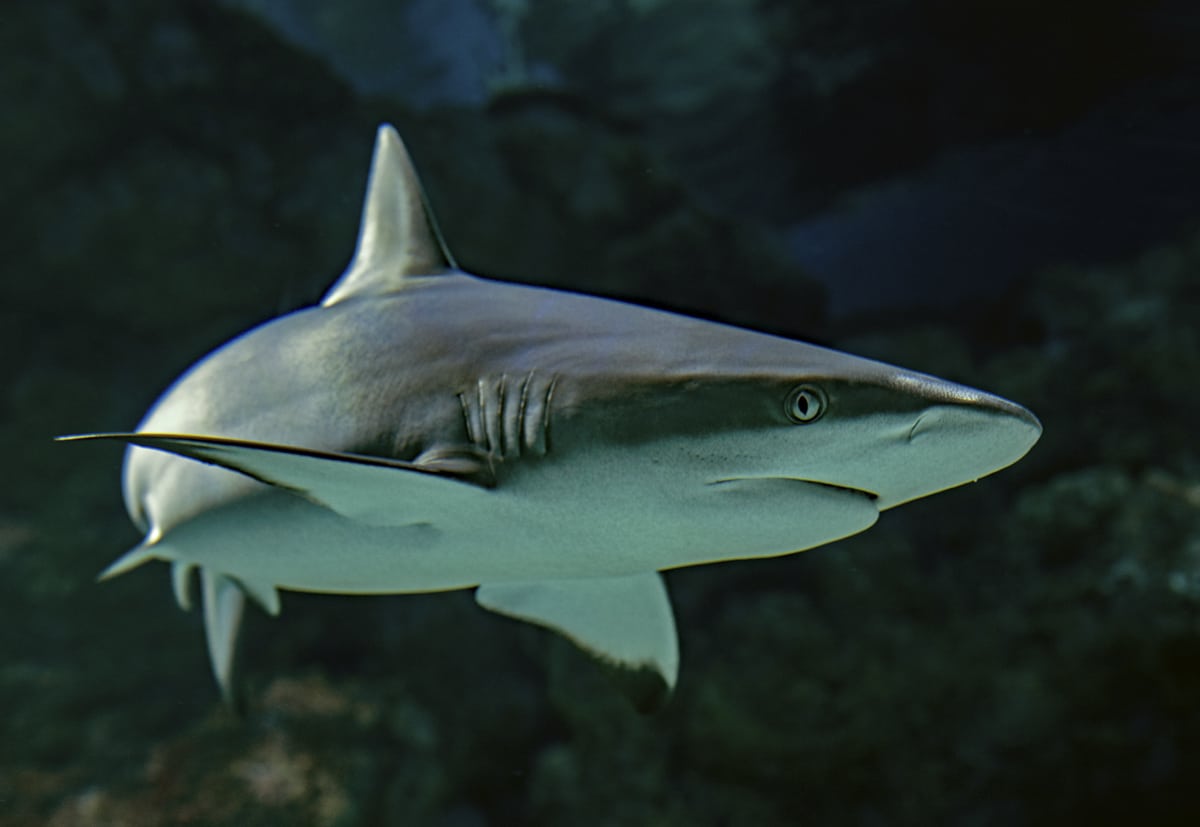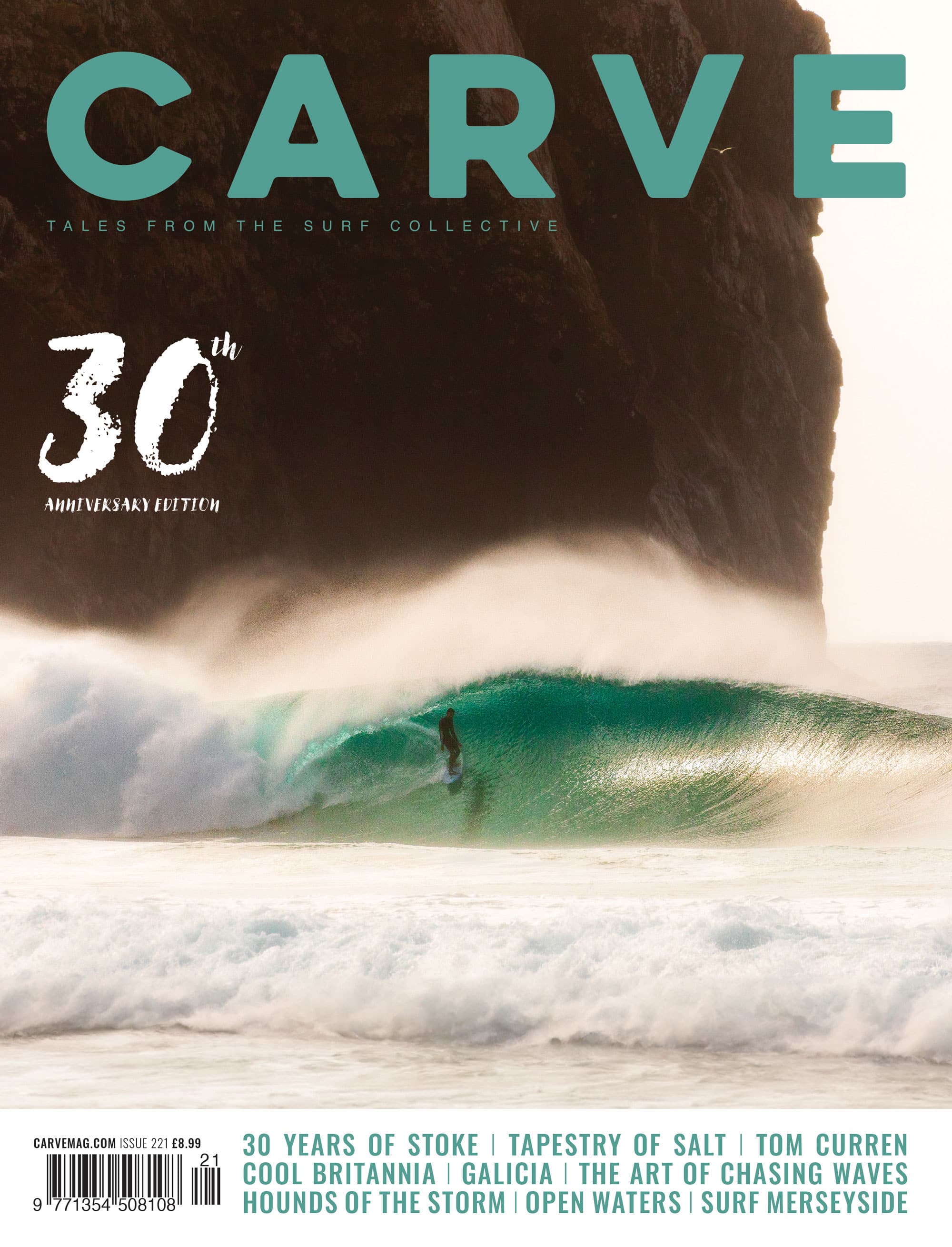Animal Welfare minister Lord Goldsmith said:
Shark finning is indescribably cruel and causes thousands of shark to die terrible deaths. It is also unforgivably wasteful. The practice is rightly banned in UK waters, but the trade continues, with serious implications for the future of these magnificent creatures.
That is why we are now banning the import both of detached shark fins and shark fin products. Our action will not only help boost shark numbers, it will send a clear message that we do not support an industry that is forcing many species to the brink of extinction
The UK is a global leader in marine protection, with our ‘blue belt’ programme protecting an area of ocean around British Overseas Territories the size of India, as well as plans to pilot Highly Protected Marine Areas in our domestic waters. The UK is also leading a global campaign, supported by over 80 countries, for at least 30% of the world’s land and ocean to be protected by 2030.
Ali Hood, Director of Conservation for the Shark Trust said:
The Shark Trust welcomes the prohibition in trade in detached fins as the next action in a history of proactive moves by the UK Government, which supported leaving fins naturally attached as best practice years before adoption of the policy by the EU in 2013.
It is encouraging to see the UK addressing the fin trade as an element of overfishing: the principal threat to sharks and rays. And we’re noting that the UK is ramping up its engagement in domestic and international shark conservation issues, currently championing the science-based advice for a prohibition on mako in North Atlantic high-seas fisheries.
Shark Conservationist James Glancy said:
New measures from the UK Government to protect sharks from the cruel shark fin trade are welcomed by conservationists.
The unsustainable rate at which sharks are caught by global fishing fleets, as bycatch or deliberately for their fins and meat, has caused a significant decline in worldwide shark populations.
Sharks have been around for millions of years and play a crucial role for the health of our oceans yet, as a consequence of human activity, many shark species are critically endangered and face extinction in some regions.
We will continue to champion conservation measures for sharks through Regional Fisheries Management Organisations (the international organisations which regulate fishing activities on the High Seas) and under the Convention on International Trade in Endangered Species (CITES) which prohibits or requires trades to be carefully regulated. This ban represents another important step in our journey to delivering better shark conservation globally.
Today’s announcement is part of the Government’s plan to eradicate cruel practices and improve standards both domestically and overseas as set out in our Action Plan for Animal Welfare.
